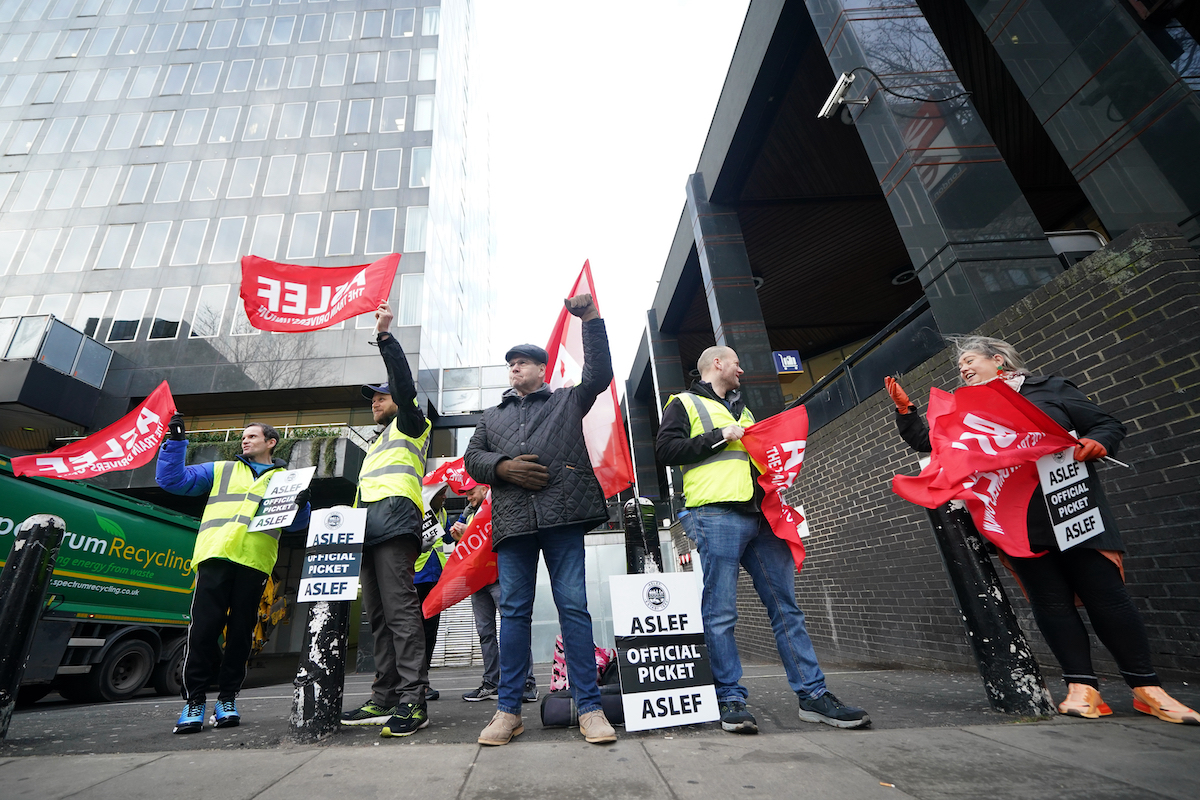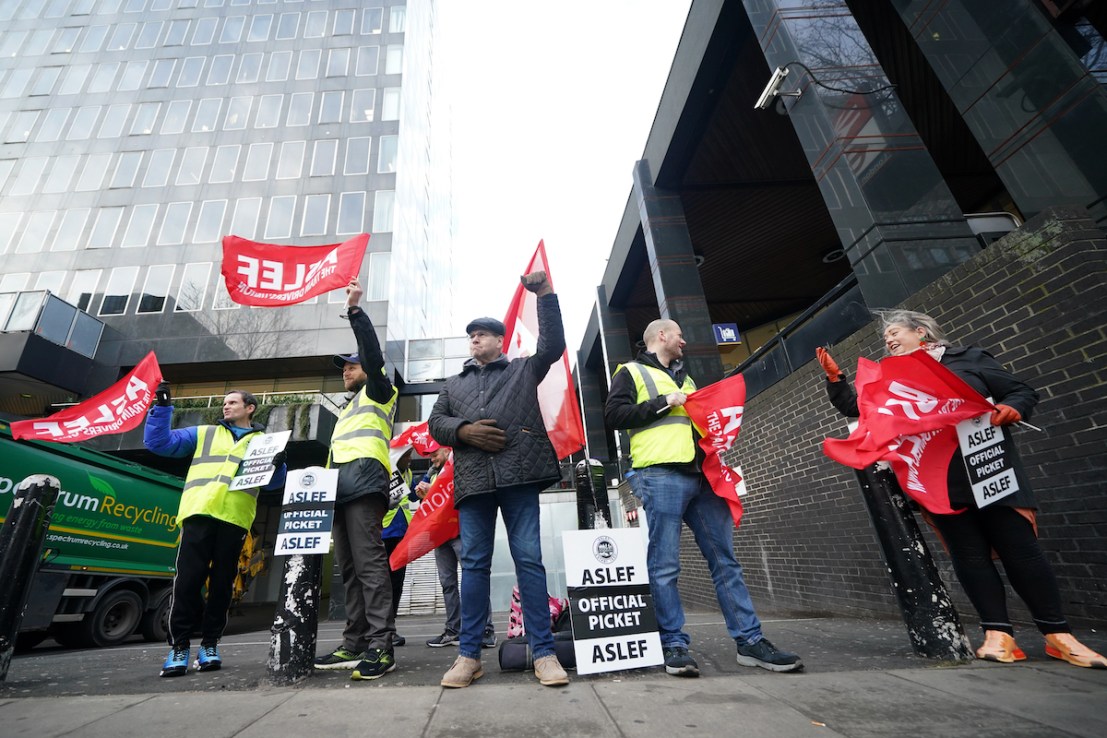More rail strikes coming: Aslef accuses LNER of ‘bullying’ and breaking agreements
The Aslef train drivers union has called for industrial action every weekend until November, citing a “breakdown” in relations with the LNER train company. In an announcement this morning, the leader of the union said the company’s “continued failure” to sort out long-standing issues had “forced us into this position.” Drivers on the east coast [...]


The Aslef train drivers union has called for industrial action every weekend until November, citing a “breakdown” in relations with the LNER train company.
In an announcement this morning, the leader of the union said the company’s “continued failure” to sort out long-standing issues had “forced us into this position.”
Drivers on the east coast main line between London and Edinburgh will walk out on strike every Saturday between 31 August and 9 November.
The union claimed the action was being taken after a “breakdown in industrial relations, bullying by management, and persistent breaking of agreements by the company”.
It also claimed this latest row was an “entirely separate” dispute from one about pay, which was reportedly settled this week after being brought by 16 different train companies.
Critics have accused the government of giving in to unions by agreeing new pay deals.
Mick Whelan, general secretary, said: “The company has brutally, and repeatedly, broken diagramming and roster agreements, failed to adhere to the agreed bargaining machinery, and totally acted in bad faith.”
When we make an agreement, we stick to it. This company doesn’t. And we are not prepared to put up with their boorish behaviour and bullying tactics.”
Nigel Roebuck, ASLEF’s full-time officer in the north-east of England, who leads on negotiations with LNER, said: ‘This dispute started nigh-on two years ago with our members complaining about consistently being badgered for “favours” by managers outside of rostering agreements and being contacted remotely which is also against our agreements.”
“The bottom line is that LNER does not employ enough drivers to deliver the services it has promised passengers and the government it will run.”
LNER was nationalised in 2018 and is currently run by the Department for Transport.
LNER and the Department for Transport have been approached for comment.


